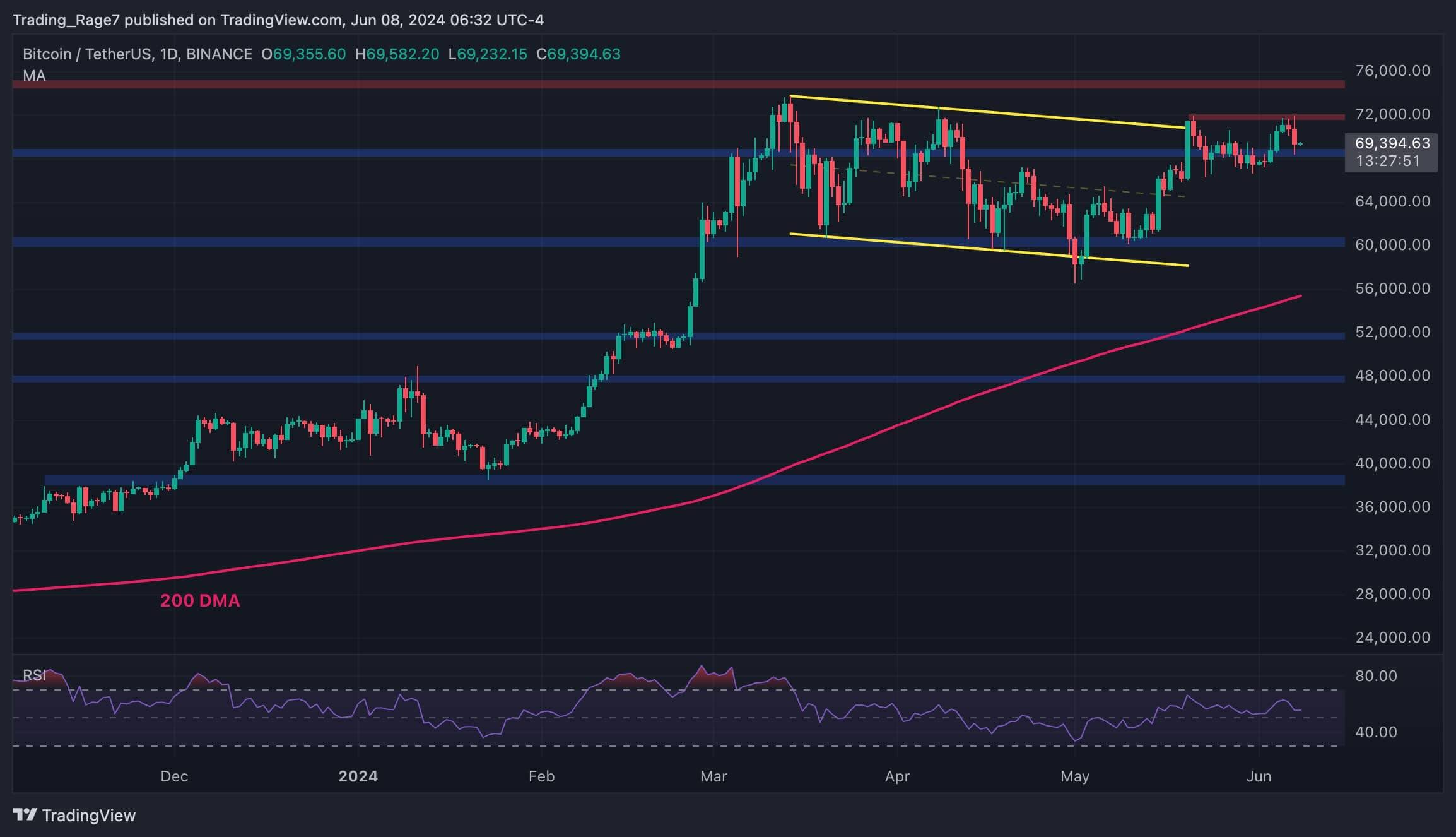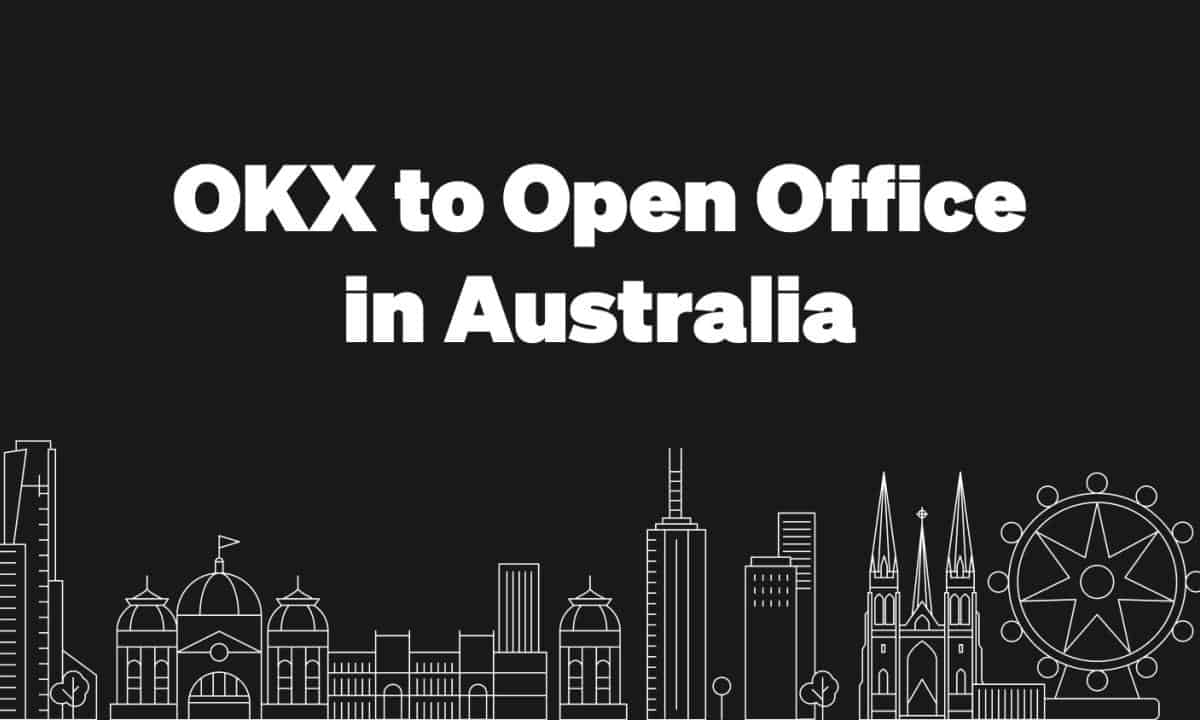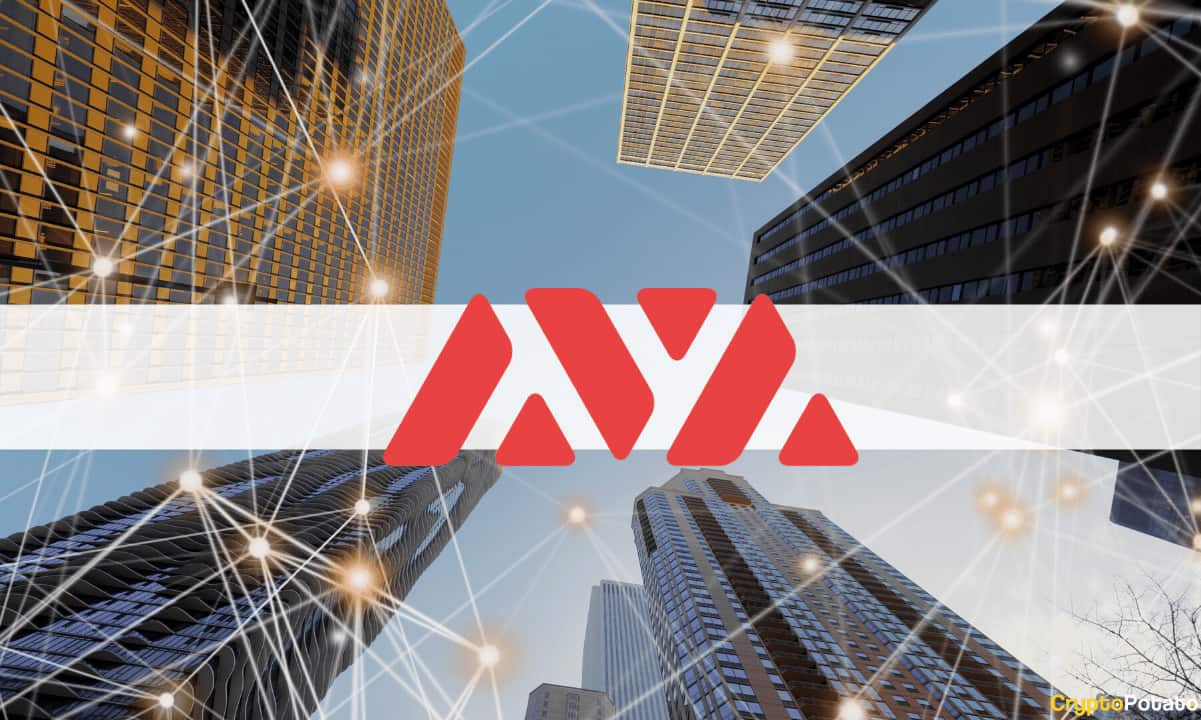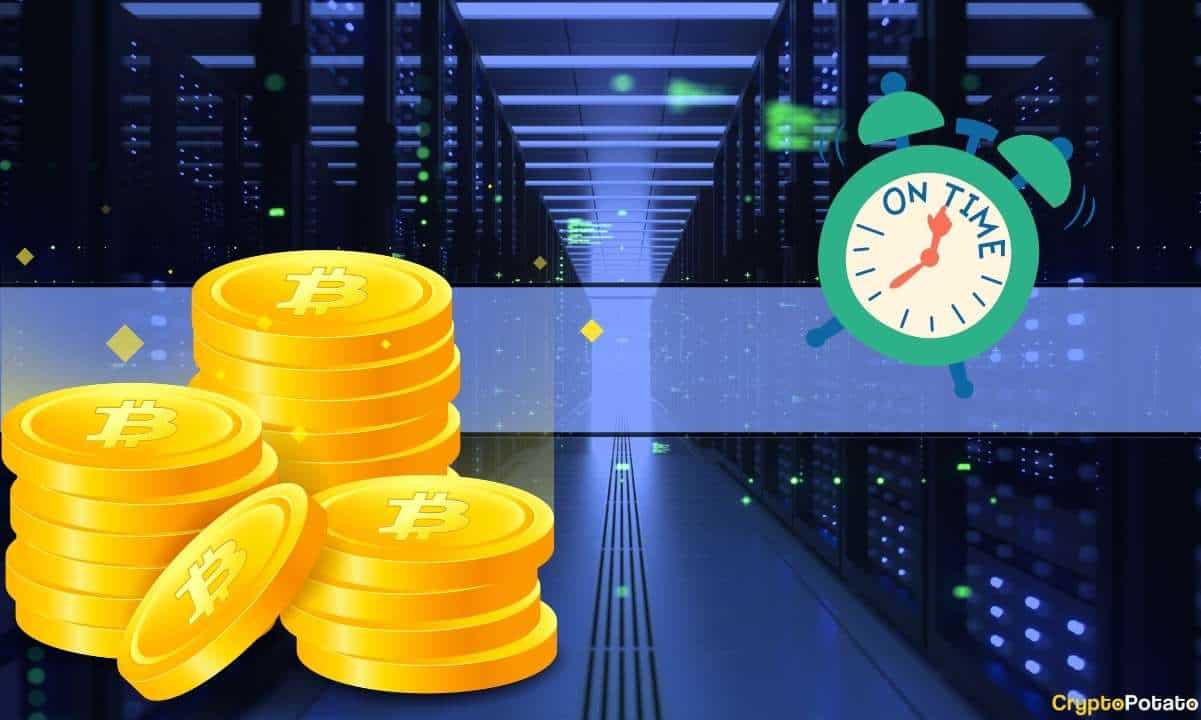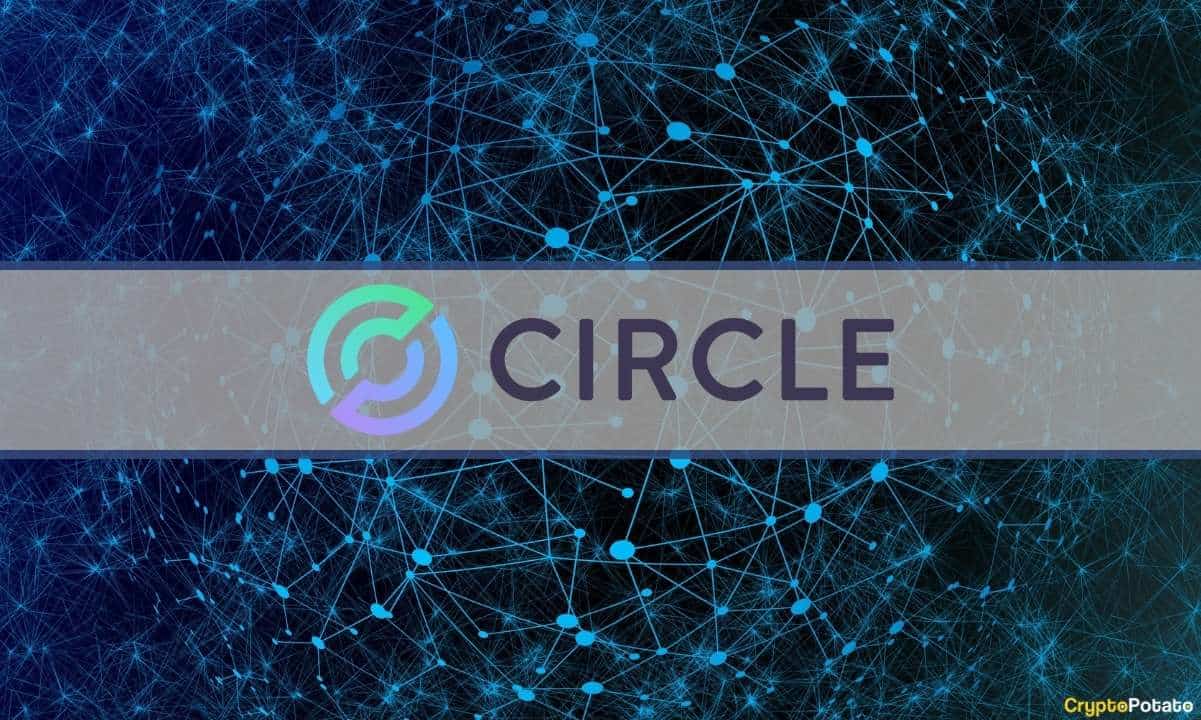Mintlayer: Shaping the Future of DeFi on Bitcoin
Bitcoin is the world’s largest and most popular cryptocurrency, and the protocol is known for its decentralized nature and secure transactions. However, despite its widespread adoption, Bitcoin lacks one crucial feature – the ability to execute smart contracts.
Smart contracts allow for automated transactions, enabling the creation of decentralized applications (dApps) and decentralized finance (DeFi) products. This deficiency in the Bitcoin network has left many in the crypto community searching for a solution to bring smart contract capabilities to the blockchain.
One such example is Mintlayer. The project is a Bitcoin layer-2 solution that aims to address this long-standing issue by enabling smart contracts on the Bitcoin network and ultimately bringing DeFi to the protocol.

What is Mintlayer?
Mintlayer is a layer-2 scaling platform that aims to build a decentralized financial ecosystem on Bitcoin without compromising security or scalability. The project’s layer-2 blockchain solution unlocks opportunities for DeFi, smart contracts, atomic swaps, non-fungible tokens, and other dapps to exist on the Bitcoin network.
Through its mainnet, Mintlayer provides a platform for developers to build DeFi applications with real-world financial use cases, thus fostering the development of the DeFi industry within its ecosystem. With this goal in mind, Mintlayer strives to shape the future of finance by leveraging Bitcoin’s decentralized nature.
The protocol is also compatible with the Bitcoin Lightning Network, known for faster transactions.
Features of Mintlayer
Atomic Swap
Mintlayer will develop a decentralized exchange (DEX) for atomic swaps. Assets on the ecosystem will be swapped for 1:1 with native bitcoins. Mintlayer aims to be the only DeFi/Bitcoin platform directly interoperable with native BTC, unlike other platforms that use intermediaries like wrapped BTC or token federation.
Scalability
Blockchain scalability is a feature that shows the number of transactions per second (TPS) that a network can handle under normal conditions. For example, the Bitcoin protocol can process seven transactions per second.
Mintlayer solves blockchain scalability by shrinking the transaction size by about 70%. This reduces the transaction fees and network congestion that comes with slow transactions. The network also uses the Lightning Network to aid its transactions throughput.
Privacy
Blockchain security is another crucial feature that protects the technology from cyber attacks and manipulation. As a layer-2 solution, the Mintlayer team understands the importance of ensuring privacy and security for users. Mintlayer is developing a tokenization standard called MLS-02. These “privacy enabled” MLS-02 tokens will allow users to make confidential transactions on Mintlayer with increased anonymity.
Decentralization
Decentralization is a blockchain feature that takes authority away from a central source and hands it over to a trustless community of members. Blockchain is decentralized when it has multiple nodes confirming transactions (i.e., the higher the number of nodes, the more decentralized the network).
Mintlayer eases the process involved in running a node, which it believes will help to “achieve true decentralization.”
Mintlayer Token (MLT)
MLT is a utility token for the Mintlayer ecosystem. The cryptocurrency will go live on March 21, 2023. The project developers have already pre-mined 400 million MLT tokens for distribution and vesting. The development team plans to release 15.8 million MLT tokens upon its launch at the Token Generation Event.
The MLT token will be used for different activities on the platform, including transaction fees, governance, and staking. Token holders will be able to stake their tokens and become network validators. These validators get rewarded with transaction fees from the blocks they validate.
As a governance token, MLT holders will be able to participate in the decision-making process involving the Mintlayer ecosystem. The development team claims token holders “will ultimately decide the fate and direction of the network” when the asset is launched.
Mintlayer Ecosystem
Mintlayer’s goal is to create a thriving ecosystem of projects with real-world value. To realize this goal, the ecosystem has several initiatives to help the development and adoption of the platform, such as:
- Ecosystem Fund – early-stage funding for founders
- Incubator Program – offering support and mentorship for early-stage projects
- Accelerator Program – connecting established projects with funding and support
- Grants Initiative – grant opportunities for open source projects to build on (or port to) Mintlayer
Conclusion
Mintlayer is a layer-2 scaling solution that aims to bring smart contracts and DeFi to the Bitcoin network without compromising decentralization, security, and scalability.
By leveraging the security of the world’s largest cryptocurrency and integrating the Lightning Network, Mintlayer aims to provide a platform for developers to build applications with real-world financial use cases.
Users will be able to swap assets on Mintlayer directly for native BTC on the main chain without engaging with peg-in, wrapped tokens, and federated coins.
Projects will have access to ecosystem initiatives to assist in developing on the platform.
The protocol will launch its own token, MLT, which will be used for transaction fees, governance, and staking.
The post Mintlayer: Shaping the Future of DeFi on Bitcoin appeared first on CryptoPotato.

